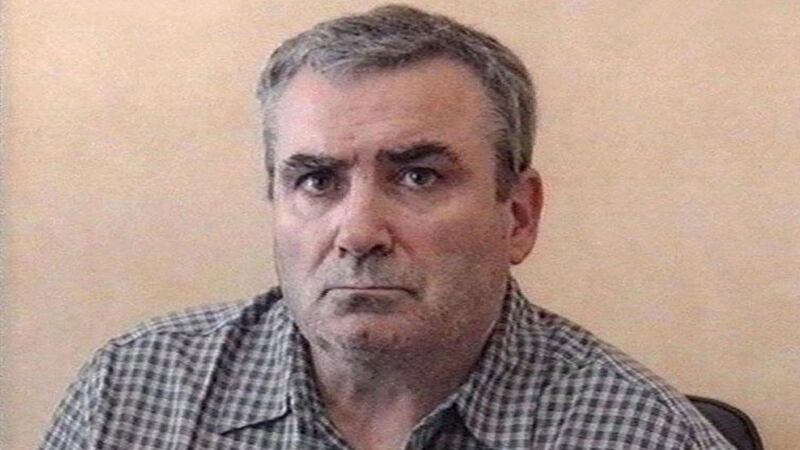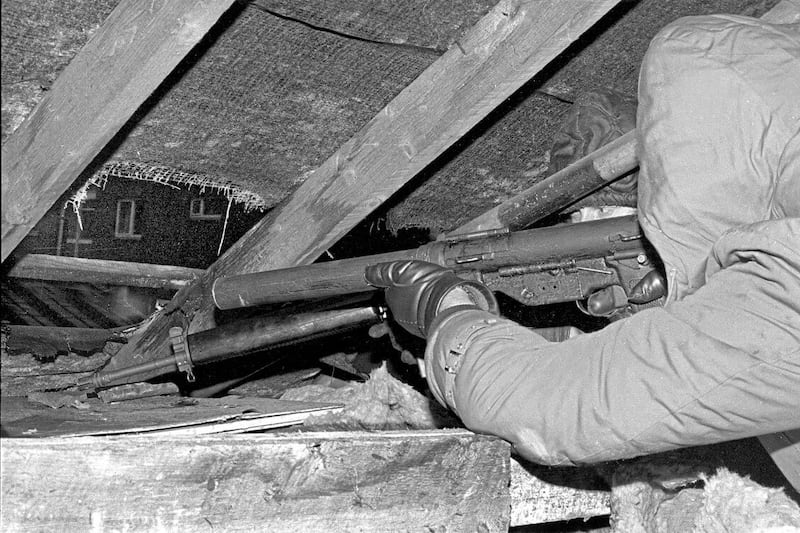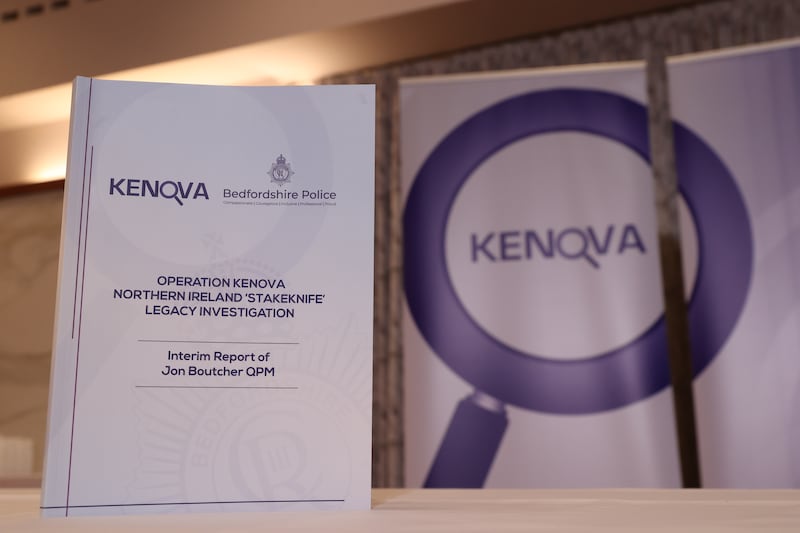A solicitor acting on behalf of victims of the agent known as Stakeknife has written to the UK Attorney General asking why the man widely believed to be the IRA's enforcer was not prosecuted almost 20 years ago.
West Belfast man Freddie Scappaticci is believed to have worked for a number of security agencies including MI5 and the shadowy Force Reconnaissance Unit and has been implicated in up to 40 murders during the 1970s, '80s and early '90s.
He has denied being the high-ranking mole inside the IRA.
In 2015, Northern Ireland's then director of public prosecutions, Barra McGrory QC, recommended an investigation to look at potential prosecutions and what information the army, MI5 and the RUC Special Branch received from Stakeknife.
Mr McGrory said those who received information should also be investigated. This was to form the basis of the Operation Kenova investigation carried out by Jon Boutcher, who has yet to release his full findings.
The decision to order a new investigation was based on a scathing Police Ombudsman's probe that looked at the findings of the still secret Stevens III report.
While the report by Sir John Stevens into collusion around the handling of state agents runs to 10,000 pages, only 20 have ever been placed in the public domain.
Solicitor Kevin Winters, of KRW Law, said it is widely understood that he recommended the prosecution of 26 individuals, among them Freddie Scappaticci.
Mr Winters said they have since learned that the then Attorney General Lord Goldsmith, who was in post from 2001 until 2007, had decided to act on the Stevens recommendations.
However, responsibility for the case was instead passed to the Northern Ireland director of public prosecutions, Sir Alasdair Fraser, following the publication of the Stevens report in 2003.
Sir Alasdair, who died in 2012, ordered no prosecution of Scappaticci or any of the other thematically linked cases.
In a letter to the Attorney General for England, Suella Braverman QC, Mr Winters said as the case involved national security it should have been treated as a "reserved matter" and therefore in the jurisdiction of the attorney general's office.
"The director of the PPS therefore did not have the power to make directions of this nature, as they engaged matters of national security," Mr Winters said.
"To that end we would like to know what the choreography was... in terms of the failure to give effect to the Stevens III recommendations for prosecution."
Correspondence asking for consideration to be given to releasing any documents relating to the decision has been sent to the UK Attorney General, with Mr Winters saying "despite the passage of time", victims are still entitled to an explanation.







